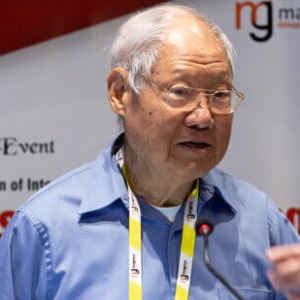Biosensors
A biosensor is a measuring device that includes a probe, a physics-chemistry detector element, and a transducer, as well as a sensitive biological detecting substance or a biological receptor. Biosensor research and development is becoming the most widely studied discipline because biosensors are simple, quick, low-cost, highly sensitive, and highly selective, and they help advance next-generation medicines like individualised medicine and ultrasensitive point-of-care detection of disease markers. Biosensors are increasingly widely used in biomedical diagnostics, as well as a variety of other applications such as point-of-care treatment and illness progression monitoring, environmental monitoring, food safety, drug discovery, forensics, and biomedical research. Biosensors can be developed using a wide variety of ways. Their combination with high-affinity biomolecules allows them to detect a wide range of analytes in a sensitive and selective manner. The rapid advancement of biosensors in recent decades, both in terms of research and product development, is largely due to: (i) advances in miniaturisation and microfabrication technologies; (ii) the use of novel bio-recognition molecules; (iii) novel nanomaterials and nanostructured devices; and (iv) improved interaction between life scientists and engineering/physical scientists.

Murray Moo Young
University of Waterloo, Canada
Limongi Tania
University of Turin, Italy



Title : Improving health in over 40,000 patients: The impact of nanomedicine fighting antibiotic resistant infections
Thomas J Webster, Brown University, United States
Title : Advancement in dual lateral flow immunoassay design for sensitive, rapid detection of rotavirus and adenovirus in stool samples
Ayan Ahmed Isse, Genexus Biotech Company, Somalia
Title : Evaluating cell compatibility and subcutaneous host response of silk fibroin–chitosan plug composites as potential resorbable implants
Luis Jesus Villarreal Gomez, Universidad Autonoma de Baja California, Mexico
Title : Renewed novel biotech ideas, with bioreactor bioengineering economic impact
Murray Moo Young, University of Waterloo, Canada
Title : Osmotic lysis–driven Extracellular Vesicle (EV) engineering
Limongi Tania, University of Turin, Italy
Title : Diversity analyses of microbial communities in Armanis gold-polymetallic mine and acid mine drainage: Bioremediation
Anna Khachatryan, SPC Armbiotechnology of NAS of Armenia, Armenia